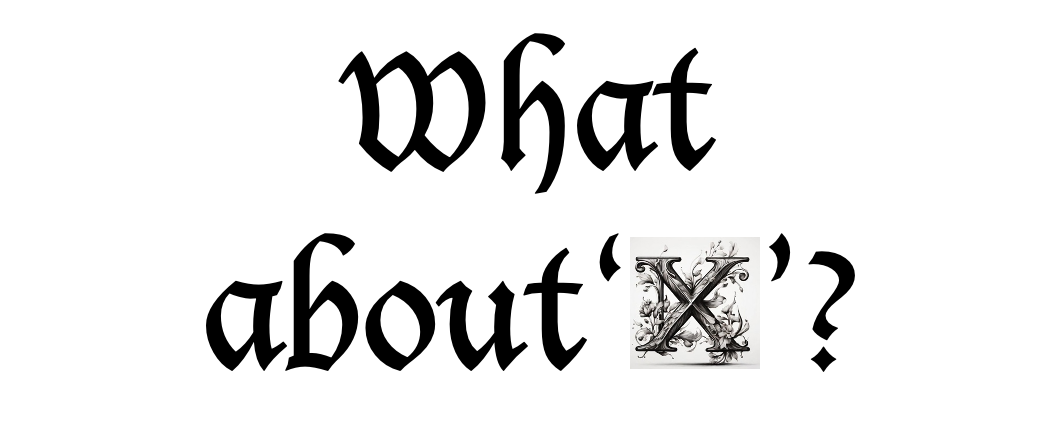If you look near the back of our Book of Common Prayer (starting on page 698), you will find a strange collection of statements titled ‘Articles of Religion.’
The process of creating the 39 Articles started in 1538 with Thomas Cranmer (the Archbishop of Canterbury under King Henry VIII, and Edward VI before being martyred under Mary I) and finalized under Queen Elizabeth 1 in 1571.
These articles were not meant to be an exhaustive statement of Anglican doctrine, but to clarify points of difference between the Anglican Church and the Roman Catholic Church on one hand and other Protestant groups on the other.
Let’s have a look at the articles, learning how our historic faith was positioned between these other Christian denominations. For this purpose, I will not use the 39 Articles verbatim, but paraphrase them into modern vernacular.
There is one God – and God is complicated.
There is only one God. Infinite in power, wisdom, goodness. Unchanging in love. Maker of everything. The Father, the Son, and the Holy Spirit.
The Son: Godhead and Manhood joined together in One. Truly suffered, truly died. Sacrificed for all the sins of humanity.
Went to hell.
Resurrected, will return to judge all.
THE Holy Ghost, proceeding from the Father and the Son, is of one substance, majesty, and glory, with the Father and the Son, the very and eternal God.
The first five articles define, as far as we are willing to define, God.
This is what we understand God to be: infinite, unchanging, originator. Three persons in one being. One person, the Son, joined God and humanity physically together. In every respect the Son encountered life as we encounter it – and in every respect, knows life as God knows it. In the Son, God gave of Himself so that all separation between humans and God was obliterated.
The Son, suffering greatly, was killed. He went to hell, then was resurrected, and, having endured everything we ourselves endure and knowing us better than we know ourselves, will judge all people for their ability to live with God in totality for eternity (which is God’s deepest desire).
The Holy Spirit, through which we ourselves interact with God, is itself a full part of God.
God alone is God – there is no other. Arguments about God are like the ant debates (there is an article “Ants used to be so superstitious!” which I’ll share next week) – there is one God, and this is how we understand God to be.
How would you define God in comparison to how God is defined in the 39 articles?
~~~~~~~~~~~~~~~~~~~~~~~~~~~~~~~~~~
+David

